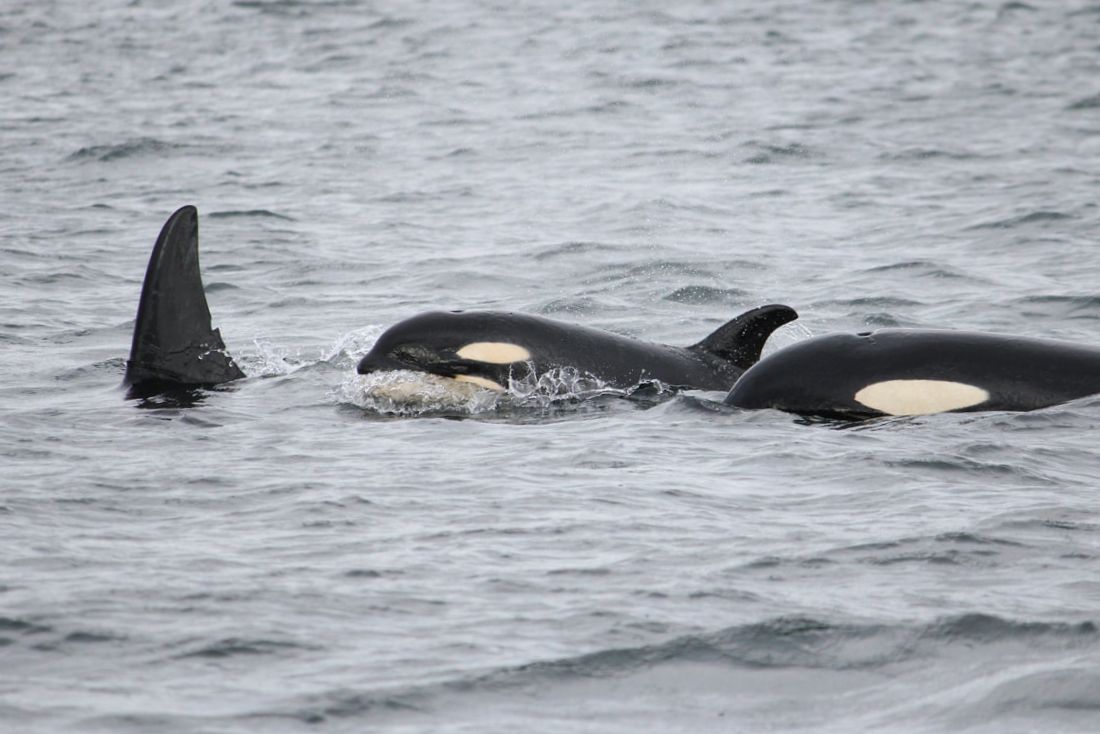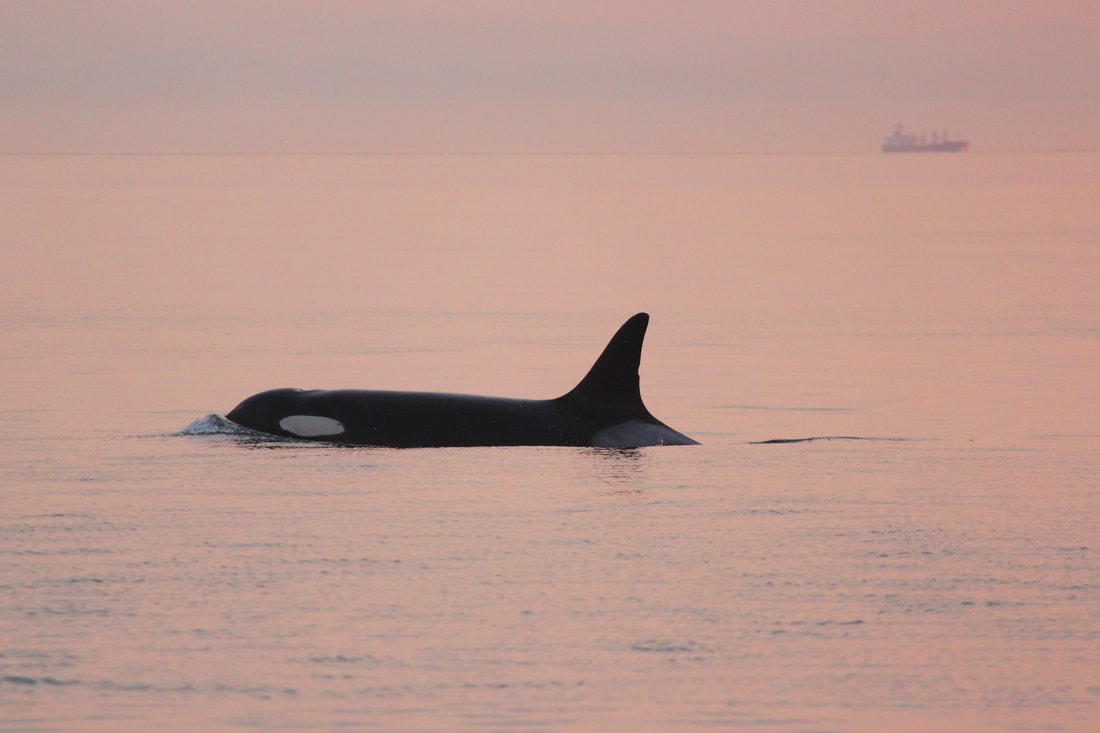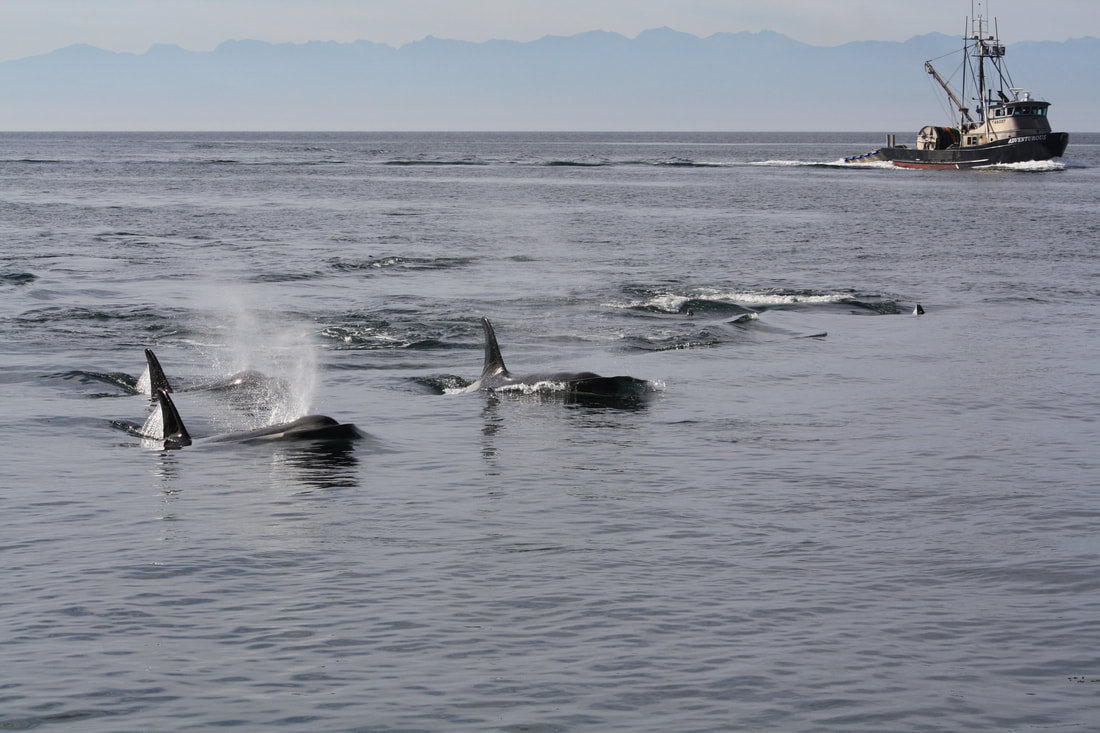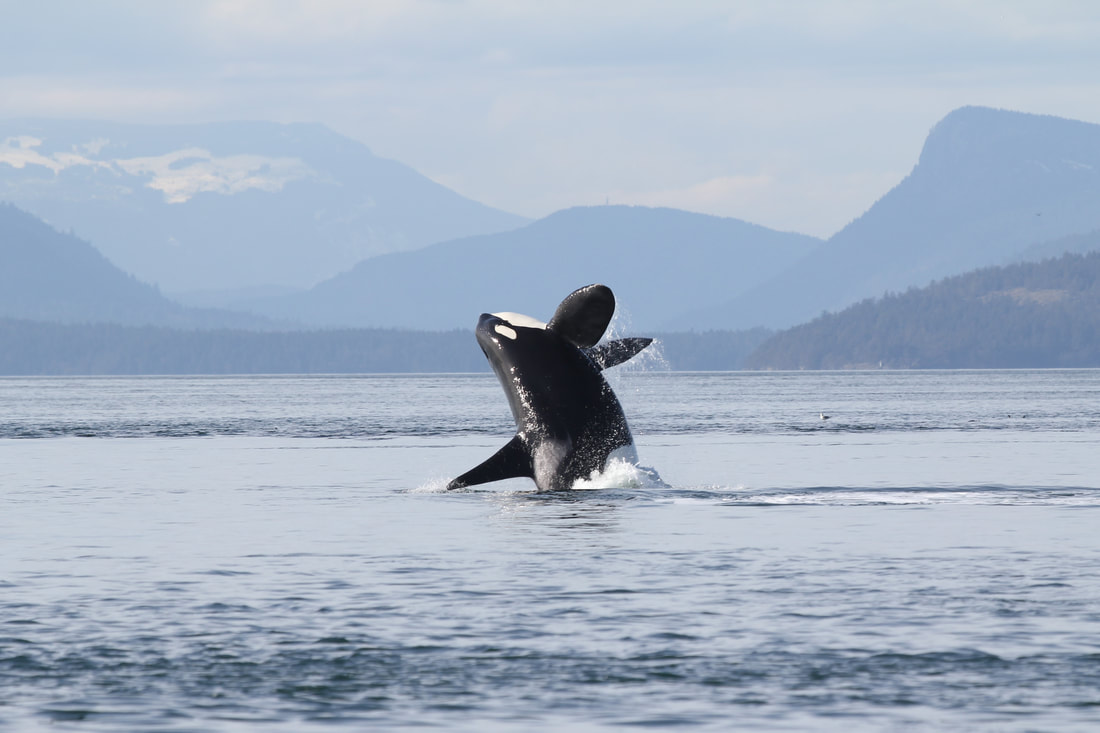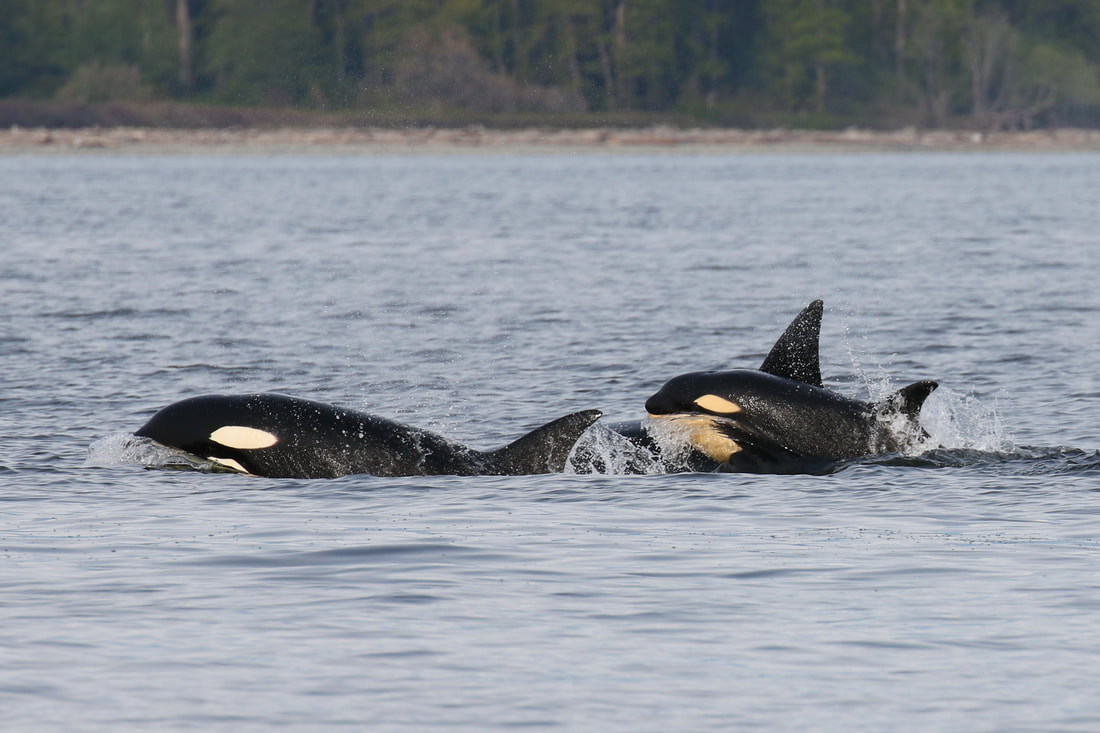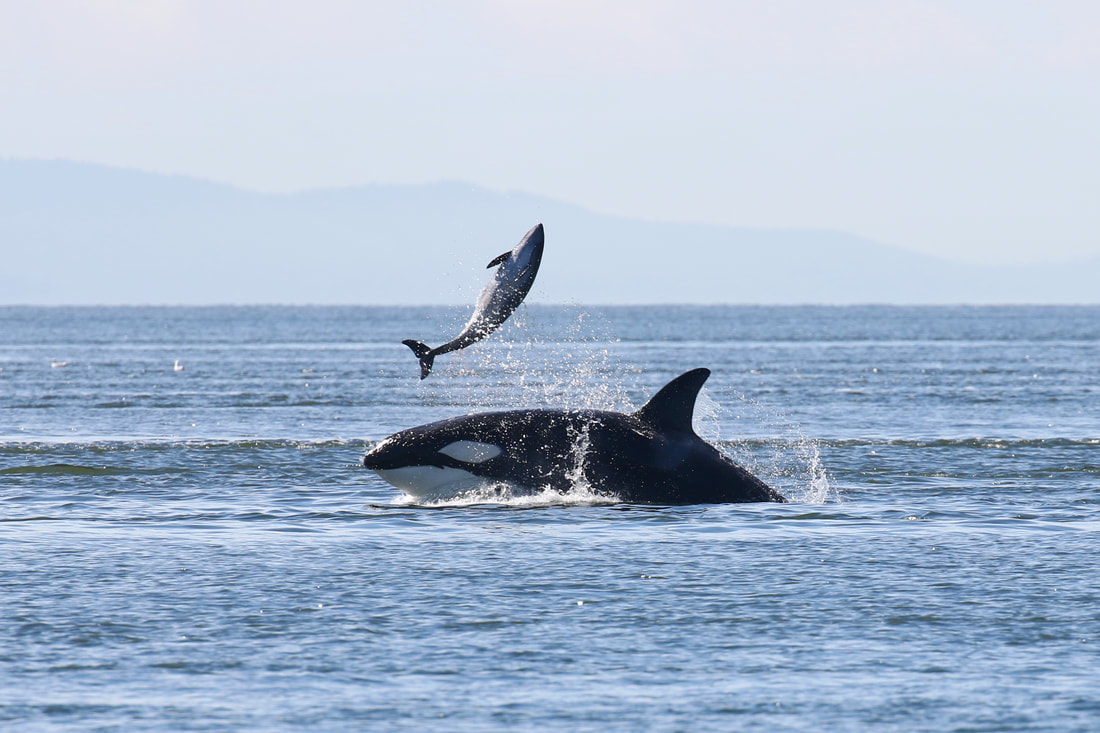HELP THE ORCAS
The Southern Resident orcas were listed as an endangered species in 2005 due to the decline of this small, genetically unique population of orcas. Currently, the population contains 74 individuals.
PROTECT THEIR FOOD SOURCE, SALMON The Southern Resident orcas that are alive today need Chinook tomorrow so both short term and long term efforts must be taken now to support their survival in the future.
REDUCE TOXINS
BE WHALE WISE
SUPPORT ORGANIZATIONS |
|
